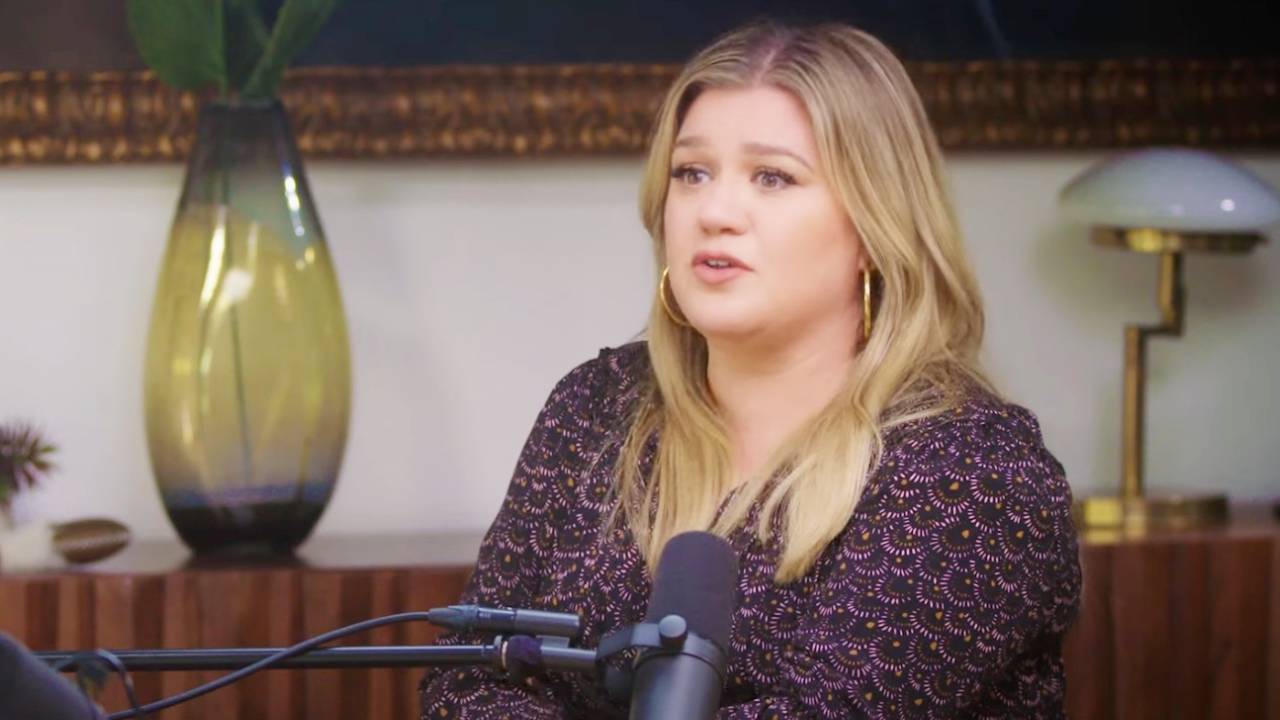In June 2020, Kelly Clarkson stunner her fans by filing for divorce from her husband of seven years, Brandon Blackstock. The two share two children together, daughter River Rose and son Remington Alexander. Kelly was also stepmom to Brandon’s children from his first marriage, Seth and Savannah.
Kelly Clarkson Reveals Her Kids Are ‘Really Sad’ About Her Divorce From Brandon Blackstock
The Grammy winner revealed in a raw new interview that her kids sometimes say they wish their parents were back together.#kellyclarkson #trendingnewsbuzz #parents pic.twitter.com/q78xhZcLNo
— Trending News Buzz (@tnb_sv) March 15, 2023
Kelly has addressed her divorce on her talk show several times, but this is the first time she is going in depth as a guess on a show. She stopped by Angie Martinez’s podcast, IRL with Angie Martinez. Angie has been a guest on Kelly’s talk show before, so the two have a good rapport.

The one-hour interview covered lots of topics, but one that has taken public interest is when Kelly was talking about how her divorce has made her children feel.
She explained, “I literally ask my kids every night when we’re snuggling, ‘Are you happy? And if you’re not, what could make you happier?’ Sometimes they’ll say, especially the past two years, and it kills me and I want them to be honest, so I don’t ever say, ‘Oh god, don’t tell me that,’ but a lot of times it would be like, ‘You know, I’m just really sad. I wish Mommy and Daddy were in the same house.'”
While it is very hard for her to hear her kids feeling sad, Kelly is glad they are being honest with her.
“They’re really honest about it. I’m raising that kind of individual. I want you to be honest with me,” Kelly told Angie.
Kelly came from a divorced household, so she knows all too well what her children are going through.
“I just sit there and I’m like, ‘I get it. I’m from a divorced family as well. I get it. That sucks. But we’re going to work it out. And you are so loved by both of us,'” Kelly said. “I think communicating with them and not treating them—not treating them like an adult, because they’re not—but not treating them like a child. They’re not small feelings. Those are huge feelings, and those are huge emotions.”
Watch the full podcast below.


